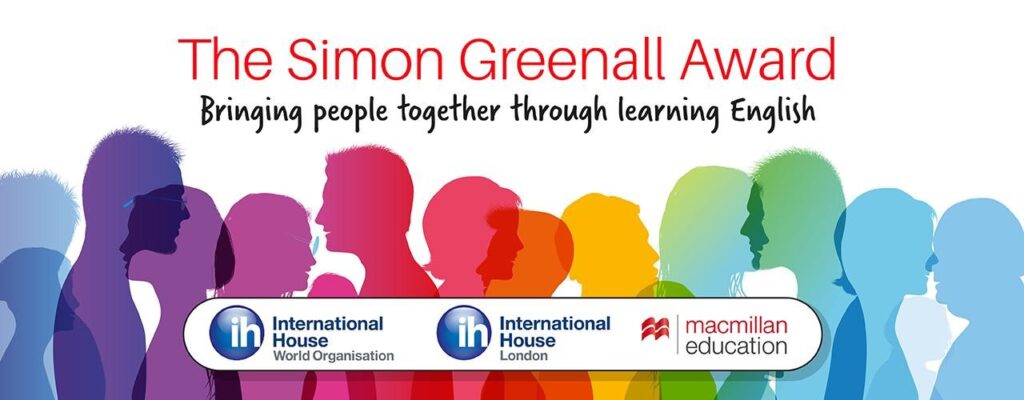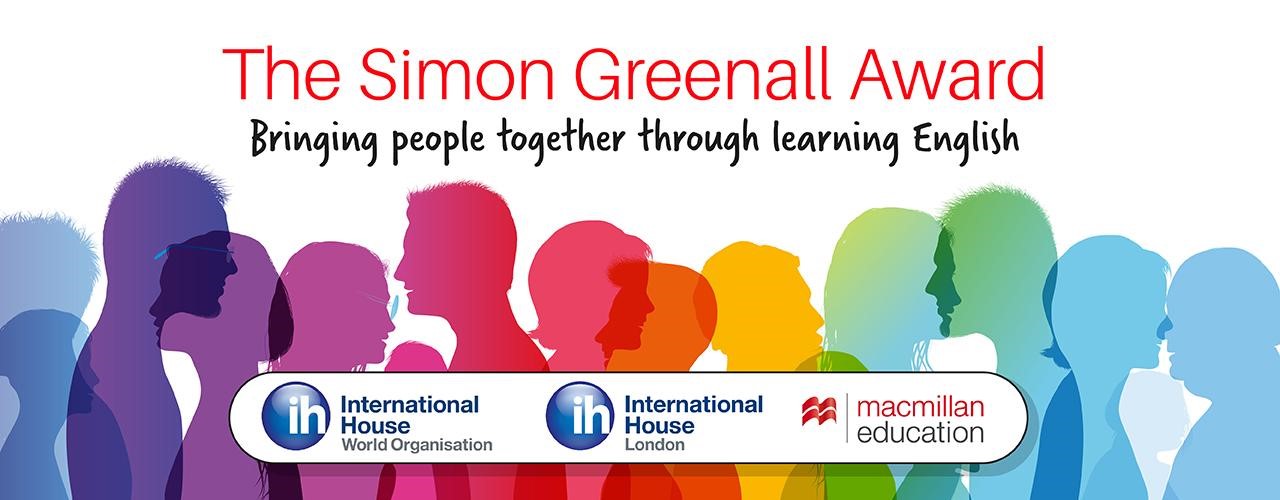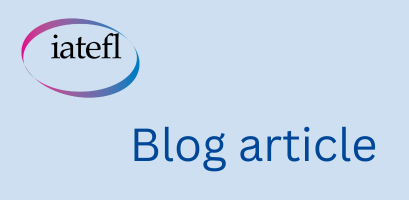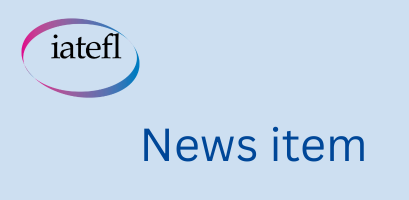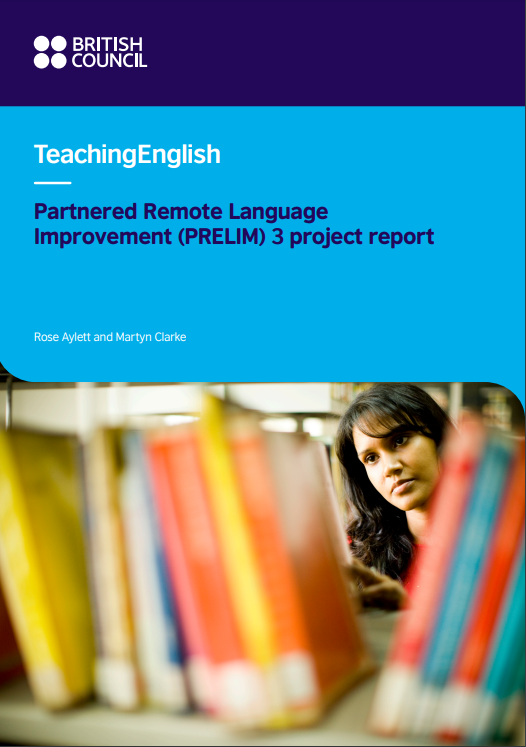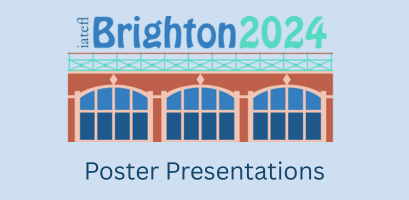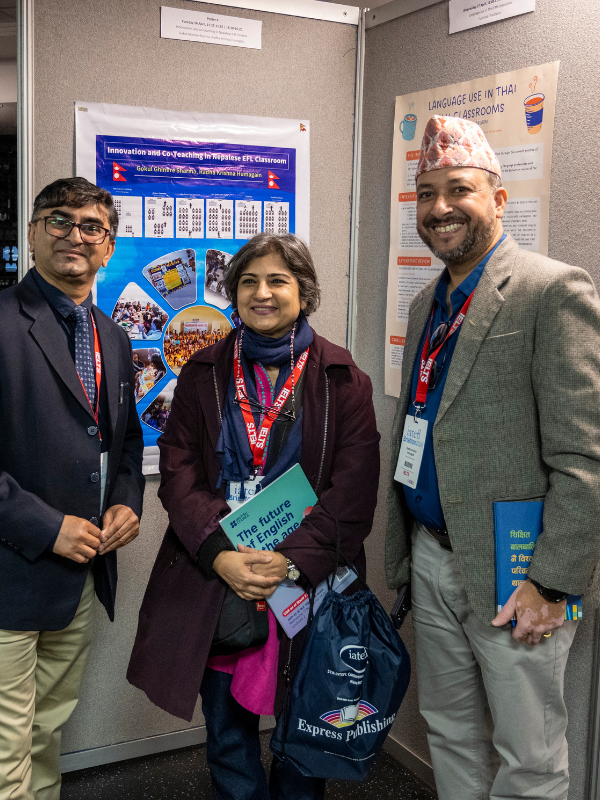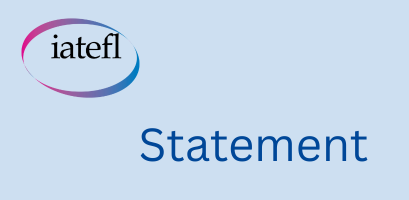
.png) Sustainability has been one of IATEFL’s main strategic focuses for quite a few years now, and each year we share what we are doing on our website with the aim of being open, accountable and hoping to promote shared best practice. With this in mind we also actively study other membership associations and event organisers to see how else we can improve, as well as seeking ideas and input from our members. We include environmental impacts in all areas of decision-making and planning within the association, and this results in clear, tangible steps as outlined below:
Sustainability has been one of IATEFL’s main strategic focuses for quite a few years now, and each year we share what we are doing on our website with the aim of being open, accountable and hoping to promote shared best practice. With this in mind we also actively study other membership associations and event organisers to see how else we can improve, as well as seeking ideas and input from our members. We include environmental impacts in all areas of decision-making and planning within the association, and this results in clear, tangible steps as outlined below:
Practical initiatives IATEFL has taken as an association
- All members of IATEFL receive the association’s bi-monthly magazine ‘IATEFL Voices’ digitally. This has a considerable impact on paper and ink usage, as well as the carbon impact of not sending thousands of magazines around the world each year.
- New this year! Each edition of IATEFL Voices has a section dedicated to sustainability. In addition, the 300th edition of Voices was entirely dedicated to the topic of sustainability with articles and featrues from across the world and acorss the profession.
- The IATEFL Membership Card is now sent to all members in digital format. Not only does it contain more useful information, but more importantly it has removed the use of plastic cards and the carbon impact of postage.
- We have significantly reduced the amount of paperwork, forms and letters we print and post to members. This includes member registration and renewal, membership renewal reminders, invoices and receipts.
- All committee meetings are run online, or face-to-face at the annual conference. This reduced the amount of IATEFL-related travel, as well as making the most of the opportunity presented by the annual international conference.
- We have very significantly increased the ratio between our online events and our face-to-face events throughout the year.
- Delegates and exhibitors register for all IATEFL events online.
- The limited printing we still do is on forestry commission assured sustainable paper and using natural (as opposed to synthetic) inks.
- We have a programme of regularly reviewing our online and digital footprint, and removing from the internet and archiving content and files wherever and whenever possible.
Practical initiatives at IATEFL’s annual international conference
- One of our international conference’s headline plenary sessions in Edinburgh is dedicated to the topic of sustainability.
- Our delegate badges are printed on hard-wearing paper cards, without needing plastic badge holders.
- We have recycle bins for delegate badges and programmes, as well as around the venue for all other waste.
- We use recycled cardboard signage for delegate information. This is also reused for future events wherever possible.
- Delegates are invited to bring their own water bottle and refill it from the free water fountains around the venue.
- Our printed conference programme is printed using a company in the same town/city as the conference venue to reduce unnecessary transportation.
- We promote the use of public transport (negotiating discounts for delegates wherever possible) and car shares as ways for delegates to travel to and from the conference. The equally applies to IATEFL staff travelling to work at the conference.
- We encourage speakers to share their handouts and PowerPoints online, rather than printing out lots of copies in order to give to delegates.
- We encourage exhibitors to think and be more environmentally aware, celebrate the steps they have taken, and share our environmental objectives with them.
- Our delegate bags are sourced with environmental credentials, and reusability, in mind to avoid them being single-use items.
- Delegates are sent a digital certificate of attendance for the conference, which they can choose to print out if they wish, or store digitally.
- We engage with the venue to identify their sustainability credentials, making clear this is part of our decision-making process. We share and celebrate where significant steps have been taken.
- We request that the catering provider offers a range of options for delegates, including white meat, fish, vegetarian and vegan options, but avoiding red meat due to its higher carbon impact.
Practical initiatives taken at IATEFL Head Office
- We have a Sustainability Champion as part of our Head Office team, and sustainability is a key agenda point on every staff meeting.
- Head Office staff have moved to partial working from home. This has substantially reduced the carbon impact of travelling to work, as well as energy usage at Head Office.
- We use one communal printer/photocopier at our Head Office for the limited printing we do, rather than powering individual printers, each with their own consumables.
- We have an ongoing strategy of digitising information and data wherever possible, to avoid printing and unnecessary use of paper.
- Old computer equipment is donated to relevant charities. In this we prioritise charities which use such equipment for training and reuse, rather than recycling by default.
- We recycle paper, boxes, containers and soft plastics, with our shredded organisational paperwork being used locally as beddings for animals.
- We use tea towels, Tupperware pots and plates, cups, glasses and cutlery to avoid disposable and throw-away alternatives.
- Our heating is set on timers to ensure no energy is wasted overnight, on working from home days, at weekends, and in areas of the building and times of the year when heating is not required.
- Our staff car share and use public transport for work travel where and whenever possible.
![]()
If you have an idea or suggestion for how IATEFL can further reduce its carbon footprint please email your idea to: [email protected]
